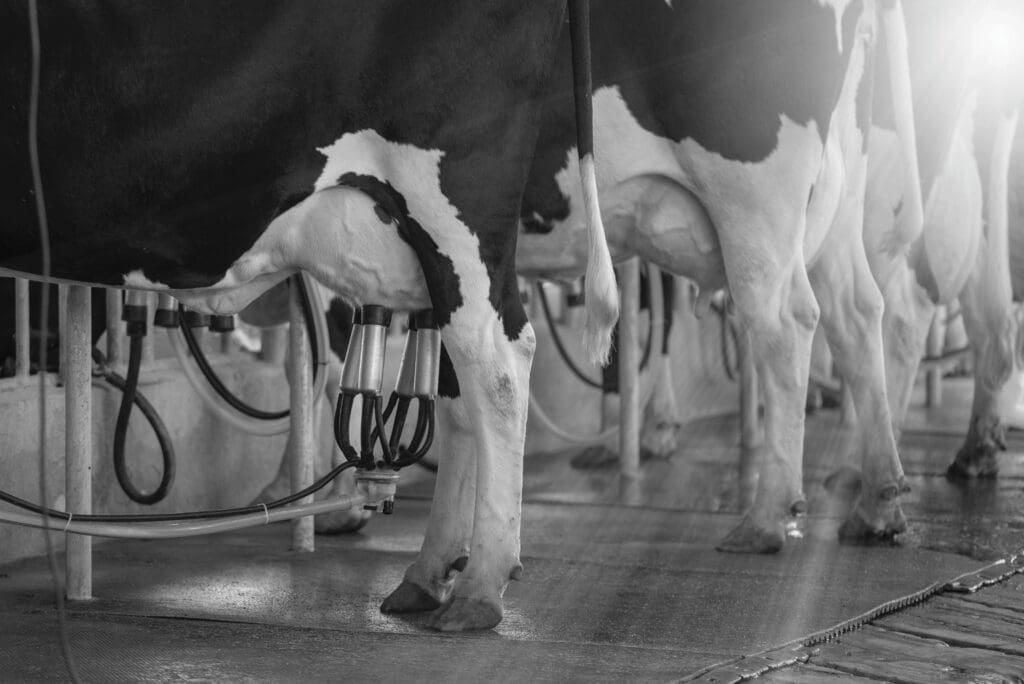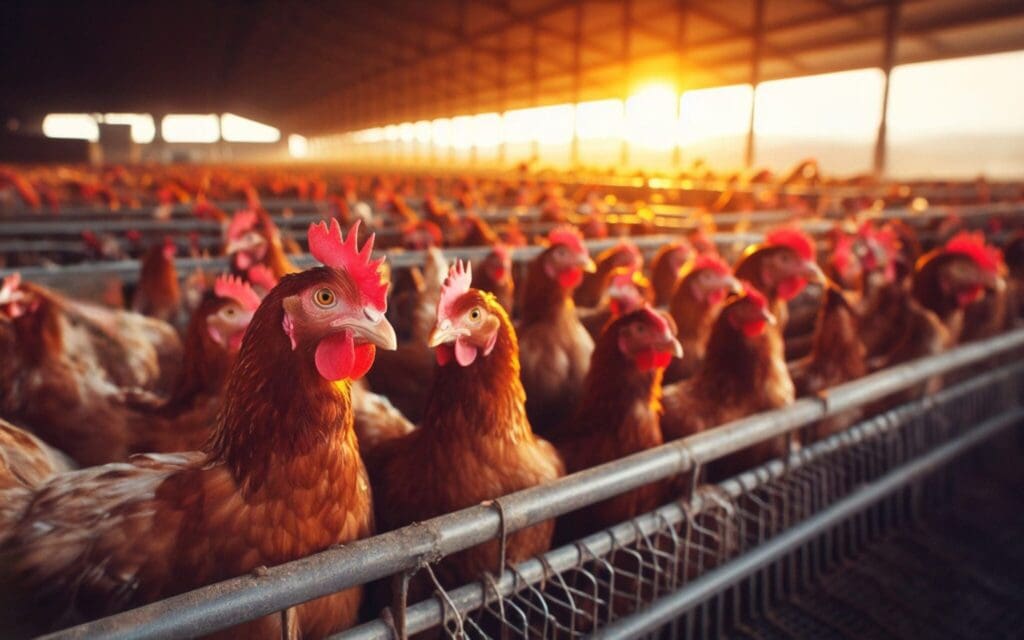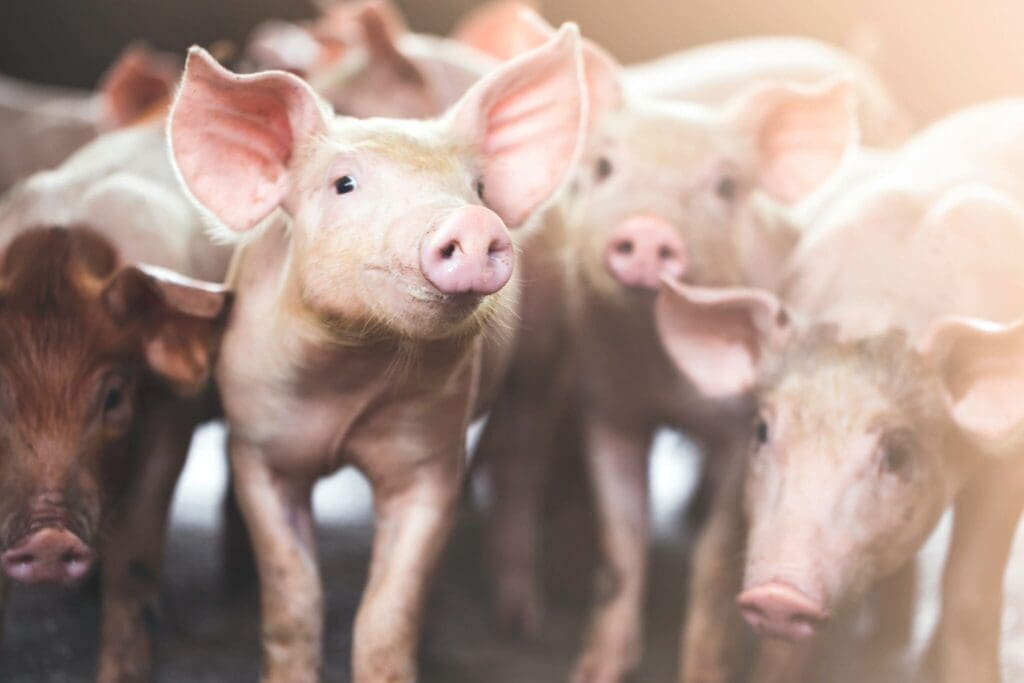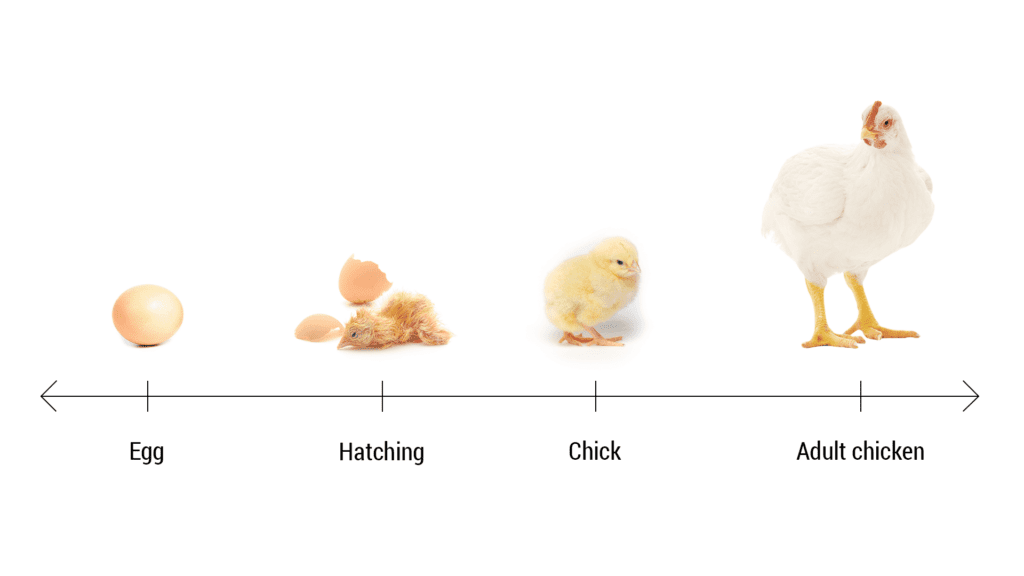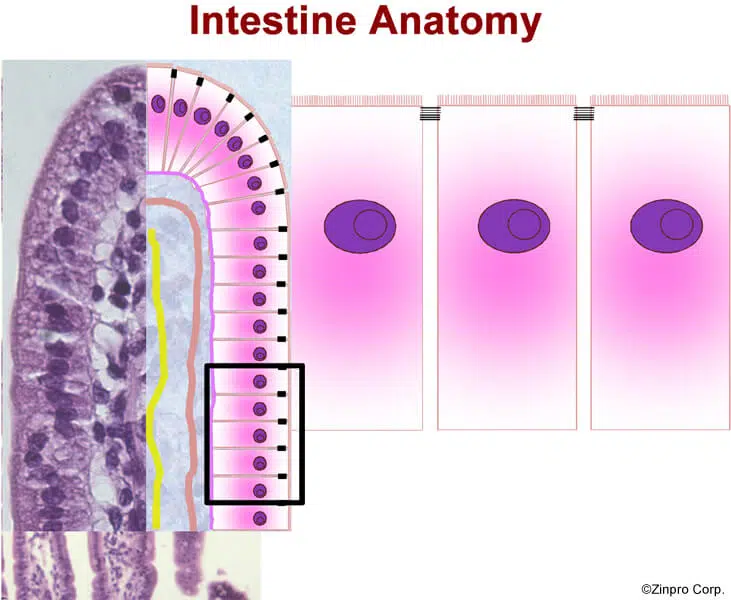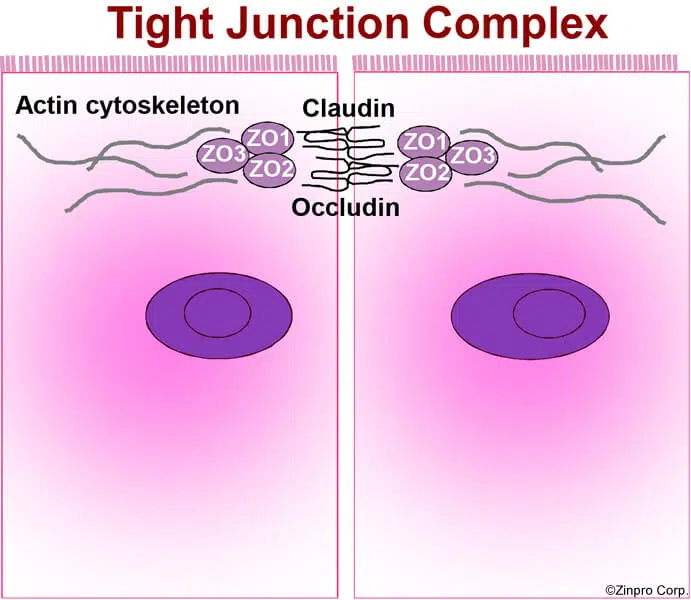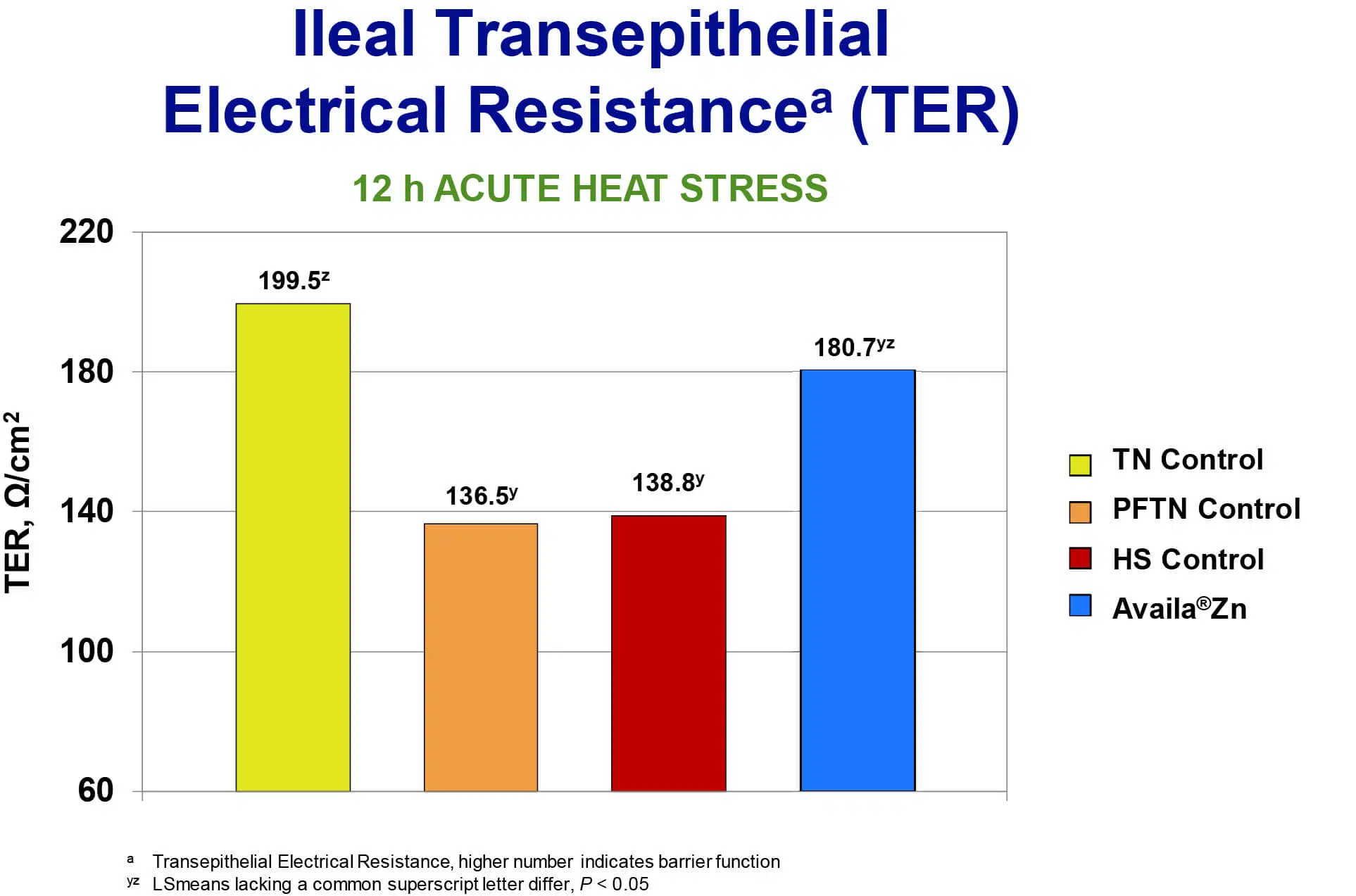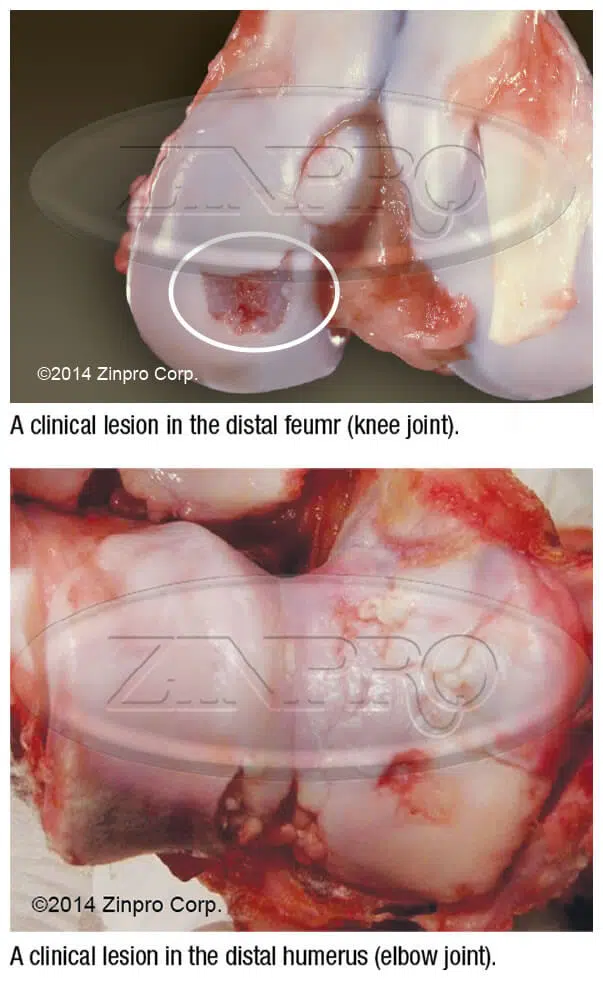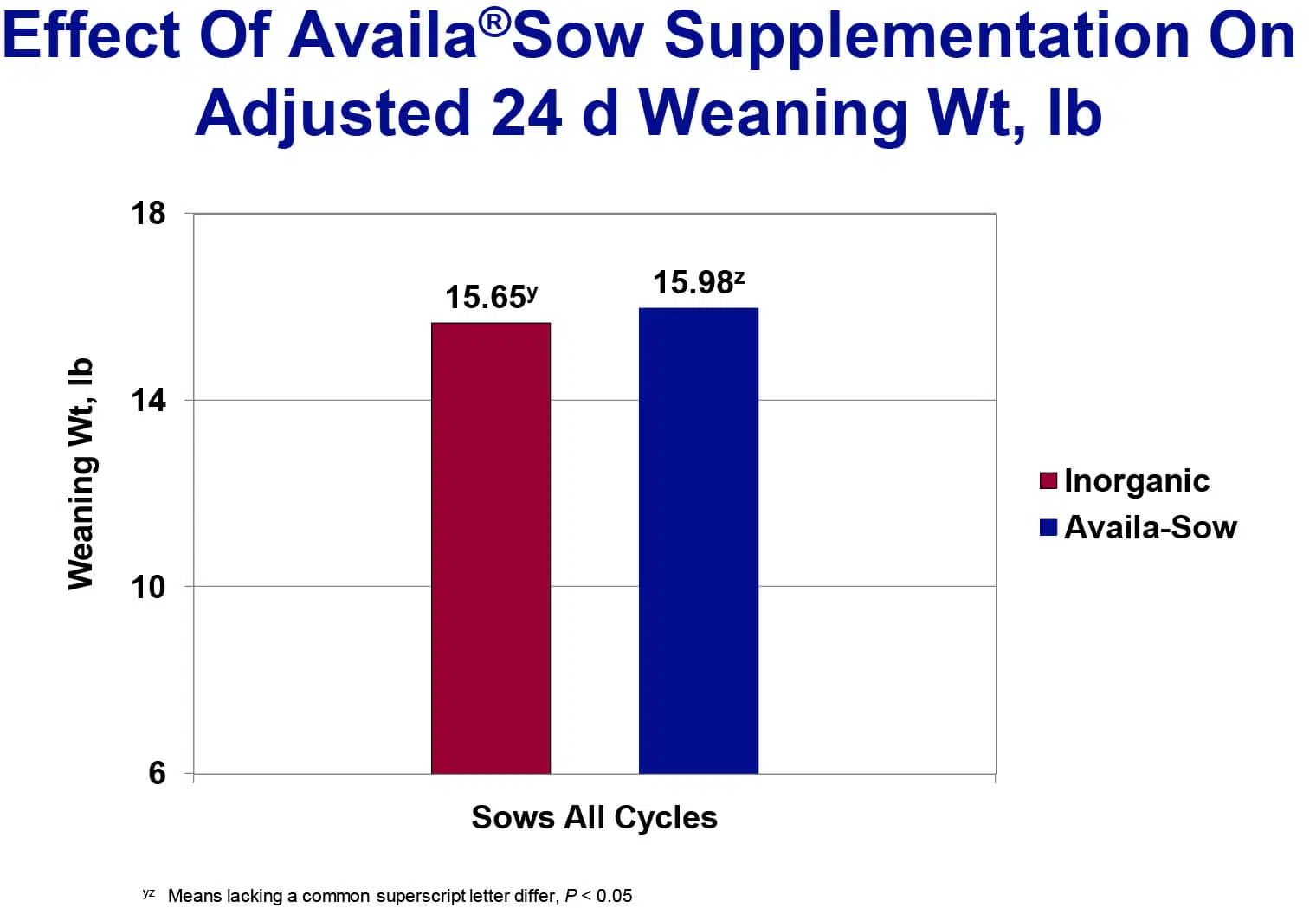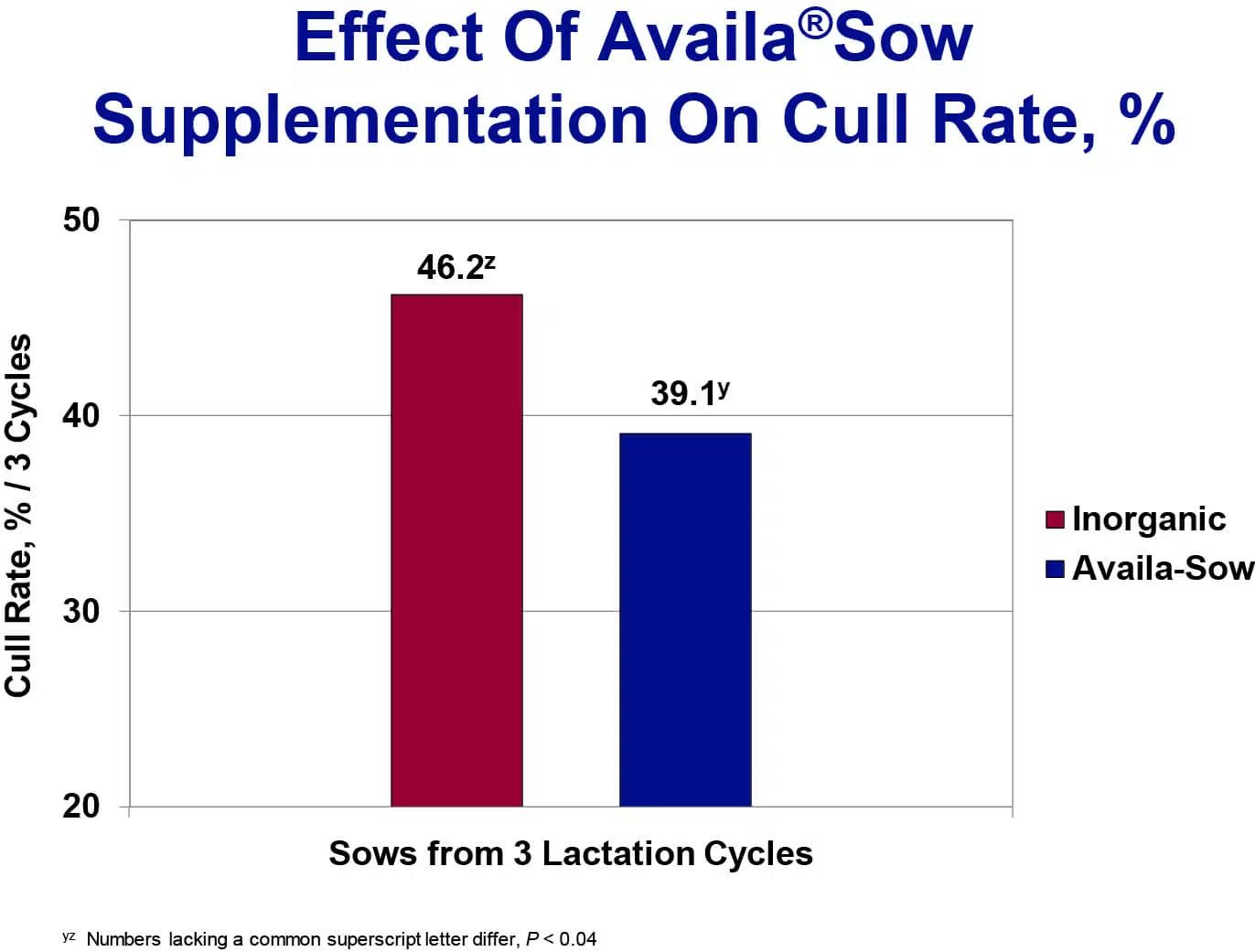| | | | |
Zinc: It’s not just for good skin
| |||
Studies show impact on gut health, immunity and reproductionMost pig producers know about the important role zinc plays in skin health and its ability to prevent or minimize sow lameness by helping build strong, healthy feet. New research shows this important trace mineral can also have a significant impact on gut health, immunity and reproduction, according to Jerry Torrison, DVM, PhD, swine veterinarian at Zinpro Corporation. The common denominator between these seemingly unrelated systems is the epithelial cell. “Most people agree that zinc is good for skin health,” he says, “but what’s good for skin is good for the gut too. Epithelium is epithelium, whether it is in the hoof or lining the intestinal tract of the pig.” Recent research highlighting the importance of zinc during periods of heat stress has proven its role in maintaining the integrity of the lining of the gut. No matter where they are found in the body, all epithelial cells have tight junctions. In the gut, these tight junctions play a critical role in maintaining the separation between the contents of the intestine and the blood stream (Figure 1). Understanding links to zinc
Proteins are key components in maintaining the integrity of the tight junctions. A component in more than 300 proteins, zinc helps to regulate activity of the proteins that prevent the breakdown of these tight junctions in the gut lining. For example, recent research has shown the effect of heat stress on intestinal permeability. In one study1, researchers analyzed 32 cross-bred gilts to determine the impact of the zinc source on intestinal integrity during acute heat-stress conditions. All gilts were fed either the Control diet (containing 120 ppm Zn from zinc sulfate; ZnSO4) or the Availa®Zn diet (60 ppm Zn from ZnSO4 + 60 ppm Zn from Availa-Zn). After 17 days, the gilts were exposed to either thermoneutral (TN) conditions or heat-stress (HS) conditions for 12 hours: 1. TN Control: fed Control diet and exposed to TN conditions (21° C, 70° F; 70% humidity) with ad libitum intake 2. PFTN Control: received the same quantity of feed as consumed by the HS Control (offered less feed than normal), while being fed the Control diet and exposed to TN conditions 3. HS Control: fed Control diet and exposed to HS conditions (37° C, 99° F; 40% humidity) with ad libitum intake 4. Availa-Zn: fed Availa-Zn diet and exposed to HS conditions with ad libitum intake Results from the study show that the addition of Availa-Zn helped maintain ileal integrity at the cellular level under heat-stress conditions (Figure 2). According to Torrison, the addition of zinc amino acid complex in the diet reduced the inflammation associated with heat stress that can result in weight loss and death. Additional roles of zincResearch has also shown that zinc, like selenium, serves as an antioxidant. “Most people readily name selenium as an antioxidant,” Torrison says, “but zinc, copper and manganese also play a crucial role in the protection of the body against free radicals.”
Zinc, copper and manganese are components of enzymes that function as antioxidants in nearly all cells. In this role, they serve as a buffer against free radicals created by hypoxia or cell death often found in conjunction with heat stress. “These oxygen- and nitrogen-free radicals can cause additional damage to cells in the gut unless they are neutralized,” he adds. As an antioxidant, zinc works to regulate proteins involved in maintaining the balance of oxidative reactions to prevent further cell damage and protect cell health. Scientists are also developing a greater appreciation for zinc’s contribution to innate and adaptive immunity. Zinc is essential for the development of key immune-system components, including macrophages and neutrophils. These act not only as “killer cells” against infection, they also promote wound healing and immune regulation, and serve in an anti-inflammatory role (Figure 3).
Practical applications
Results from a recent research study2 looking at more than 800 sows over three parities confirmed the importance to sow productivity and longevity of feeding zinc, manganese and copper as metal amino acid complexes. In the study, researchers partially replaced the level of inorganic trace minerals in the diet (135 ppm Zn, 28 ppm Mn and 20 ppm Cu) with the metal amino acid complexes found in Availa®Sow (50 ppm Zn, 20 ppm Mn and 10 ppm Cu) while maintaining the same total concentration of trace minerals. As a result of these substitutions, sows receiving trace minerals from Availa-Sow consumed more feed during lactation, piglets from these sows were 2.3% heavier at weaning, and the sow cull rate was decreased by 15.4% (Figures 4-5). “When we see these positive results in healthy animals under normal physiologic conditions — in this case, gestation, farrowing and lactation — it points out the value of not only having trace minerals in the diet, but also the value connected to the source of the trace minerals,” Torrison says. Research has shown complexed trace minerals are highly available to the animal and better meet the sow’s nutritional needs.
For more information: Contact your Zinpro Performance Minerals representative or click here. | ||||||||||||||||||||||||
| | | | ||||||||||||||||||||||
| | | | ||||||||||||||||||||||
| Feet First® Update is a publication produced by Zinpro Corporation and the Feet First Team, an international collaboration of researchers, veterinarians and nutritionists. The Feet First program focuses on swine welfare and helping improve the efficiency of pork production through the identification and prevention of lameness. Articles may be reprinted with prior permission. Performance Minerals®, Feet First®, Availa®Sow and Availa®Zn are trademarks of Zinpro Corporation. ©2013 Zinpro Corp. All rights reserved. You are receiving this email as a courtesy from Zinpro Corporation. Please know that you can unsubscribe at any time by sending us notice in writing, by calling or by clicking the unsubscribe link below. 10400 Viking Drive, Suite 240, Eden Prairie, MN 55344, USA • www.zinpro.com • +1 952-983-4000 | ||||||||||||||||||||||||
| | | | ||||||||||||||||||||||
Chemuniqué empowers feed and food producers with the most innovative animal performance solutions, enabling our clients to consistently advance the efficiency of production.
